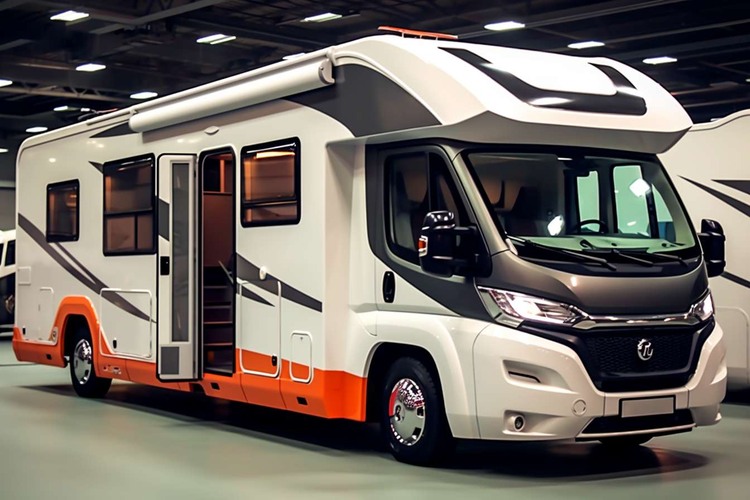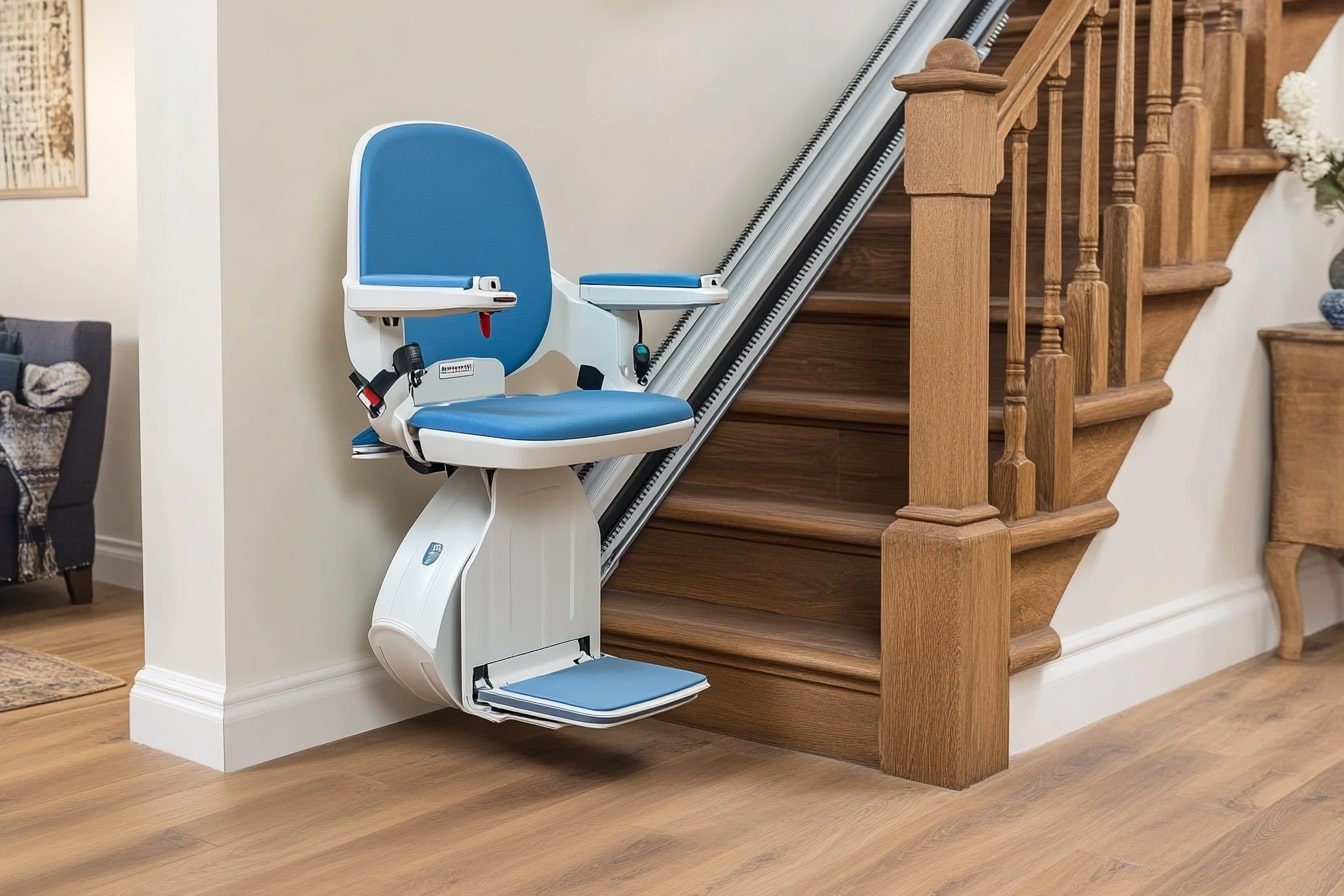Guide to RVs, Campers and Motorhomes for UK Travellers
Recreational vehicles — often called RVs, campers or motorhomes — offer a flexible way to travel, combining transport and accommodation in one vehicle. Whether you plan short weekend trips around the UK or longer European tours, understanding the vehicle types, practical requirements and living considerations helps you choose an option that fits your needs and budget while keeping safety and legal obligations in mind.

What are RVs, campers and motorhomes?
RVs, campers and motorhomes are vehicles designed for accommodation and travel. In the UK, terminology varies: a camper often refers to a van conversion with basic sleeping and cooking facilities; a motorhome is generally a purpose-built vehicle with a dedicated living area, bathroom and utilities; and larger RVs can include coach-built or A-class motorhomes. Each offers different levels of comfort, insulation and onboard systems such as water, heating and electrical supply. Choosing between them depends on intended use, passenger numbers and where you plan to travel.
Main types and common layouts
Common layouts include van conversions (compact, easier to park), coachbuilt (separate cab and living area), low-profile and A-class models (more space and facilities). Layout choices affect sleeping arrangements, kitchen size, storage and bathroom facilities. Some designs favour rear lounge areas convertible to beds; others prioritise fixed beds and larger kitchens. Insulation, double glazing and heating types matter for year-round use. Consider weight limits and payload for additional equipment. Layout also influences manoeuvrability and fuel consumption: smaller vans are more economical, while larger motorhomes offer greater comfort for extended trips.
Buying versus renting: key considerations
Deciding whether to buy or rent depends on frequency of use, storage options and budget. Renting allows trialling different sizes and models without long-term commitment and can be ideal for occasional trips. Buying gives full control and the ability to customise, but requires parking, maintenance and potentially higher insurance costs. Factor in depreciation, service history, and vehicle age when buying used. If you plan to travel often, buying may be more economical over several years; for infrequent travel, renting and using local caravan sites or pitch services might be preferable.
Maintenance, safety and legal requirements
Regular maintenance keeps a vehicle roadworthy and comfortable. Key tasks include engine servicing, brake and tyre checks (tyres spelled tyres in the UK), servicing habitation systems, checking gas appliances and inspecting seals to avoid damp. Safety equipment should include tested smoke and carbon monoxide alarms, a suitable fire extinguisher and first-aid kit. Legally, ensure the correct driving licence for the vehicle’s weight, valid MOT where applicable, up-to-date insurance and registration documents. Familiarise yourself with UK rules on parking, overnight stays and any site-specific regulations before arriving at campsites or service areas.
Practical trip planning and living aboard
Trip planning should cover route options, pitch reservations, waste disposal points and water refill stations. Plan for realistic daily distances to allow time for setup and local exploration. Consider power needs: many sites offer hook-up electricity, but for off-grid travel you’ll need sufficient leisure batteries or solar panels and a reliable inverter. Storage solutions and compact cooking options help maximise limited space. Living aboard requires organisation — prioritise ventilation to reduce condensation, secure loose items while driving, and maintain a checklist for arrival and departure routines to protect appliances and prevent damage.
Local services, insurance and financing
Aftercare and support are important: look for reputable local services for servicing, repairs, habitation checks and MOTs in your area. Insurance for motorhomes often differs from standard car cover and may include contents and personal belongings cover; compare policies to match intended use. Financing options include personal loans, hire-purchase or PCP for newer vehicles; terms vary by lender and depend on deposit and vehicle type. If buying used, obtain a full service history and consider a professional habitation survey. When choosing local services, check customer reviews and qualifications to ensure work is done to industry standards.
Conclusion
RVs, campers and motorhomes provide a versatile way to explore, combining mobility with self-contained living. Careful consideration of vehicle type, layout, maintenance and legal requirements will help you plan enjoyable and safe trips. Whether renting to try the lifestyle or buying to travel frequently, understanding practicalities such as servicing, insurance and local services in your area ensures better preparedness and more comfortable journeys.




